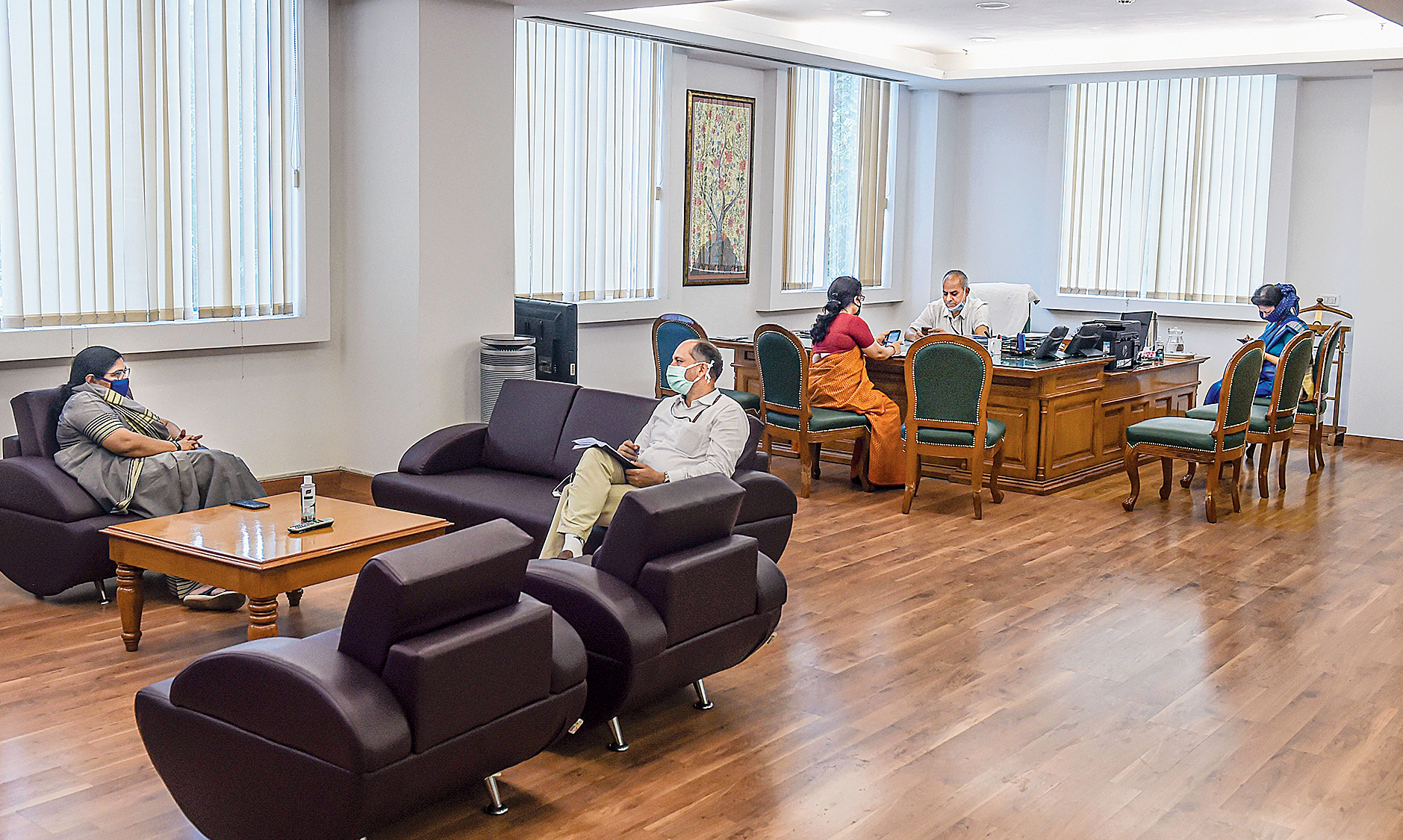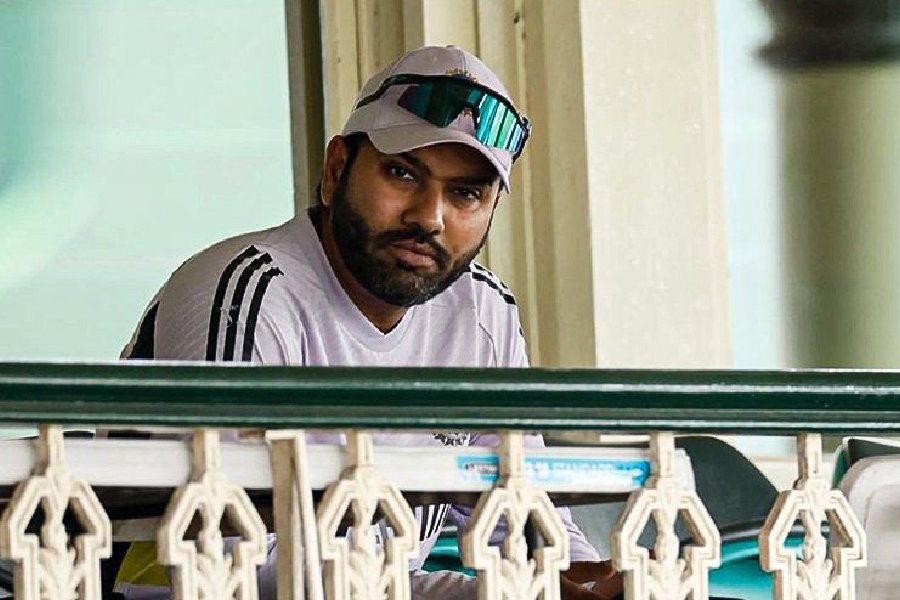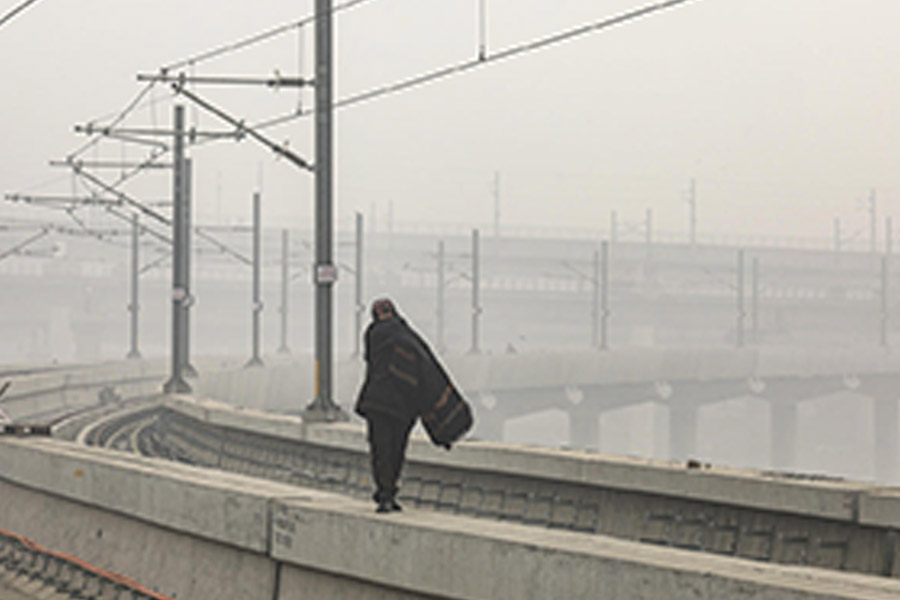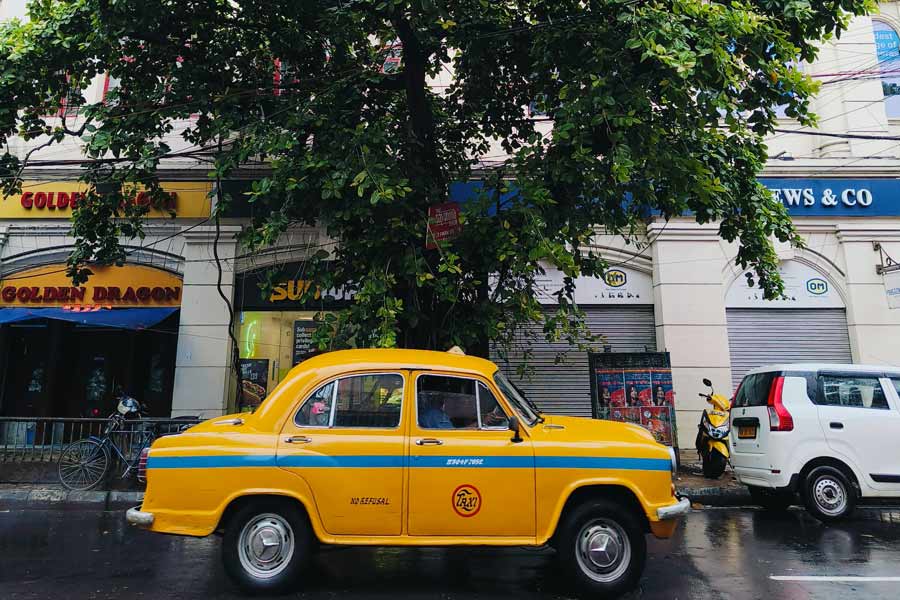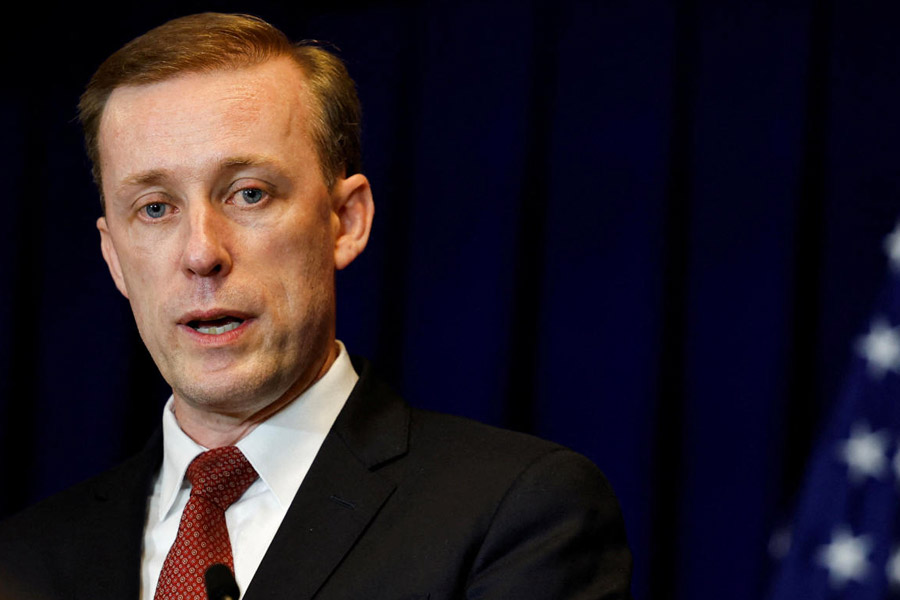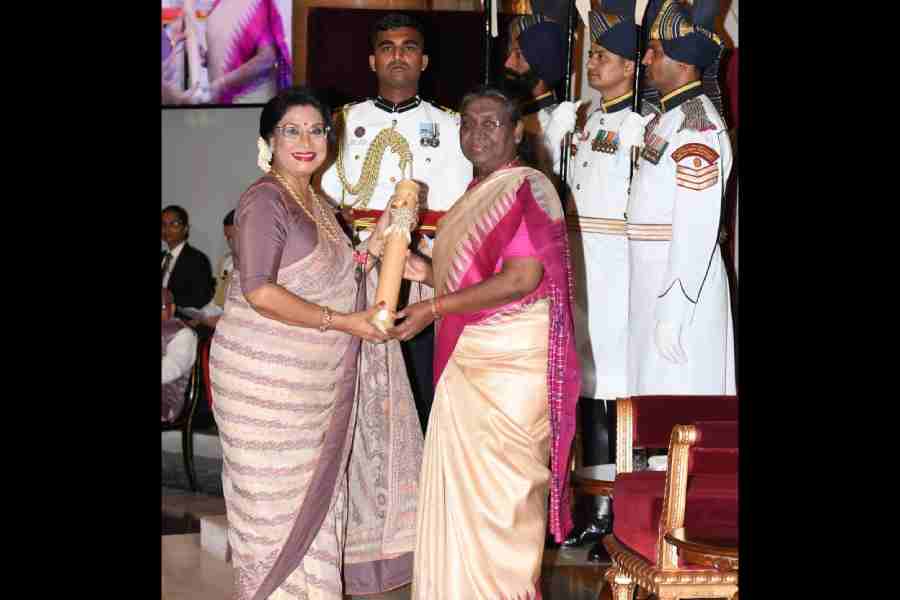The Centre on Monday took a tough stand against lockdown violations in Calcutta and some other parts of Bengal, as well as places like Indore, Mumbai, Pune and Jaipur, forming six inter-ministerial teams to visit these areas for spot assessments.
The Union home ministry decided to send the inter-ministerial central teams (IMCTs) hours after writing to the Kerala government against relaxing certain lockdown provisions, such as the restrictions on barbershops and restaurants.
“The situation is especially serious in Indore (Madhya Pradesh); Mumbai and Pune (Maharashtra); Jaipur (Rajasthan); and Calcutta, Howrah, Medinipur East, 24-Parganas North, Darjeeling, Kalimpong and Jalpaiguri (West Bengal),” the home ministry said in a media statement.
It said the lockdown violations included violence on frontline healthcare professionals; the flouting of social-distancing norms outside banks and at PDS shops and marketplaces; and the movement of vehicles in urban areas.
While two teams each will visit the hotspots in Bengal and Maharashtra, one team each has been assigned to assess the situations in Madhya Pradesh and Rajasthan.
Each team will have five members and will be led by an official of additional secretary rank.
The home ministry said the teams would “make on-spot assessment of the situation and issue necessary directions to state authorities for its redressal and submit their report to the Centre in larger interest of general public”.
It said the teams would start their visits at the earliest, and the team leaders would decide the durations of the visits after assessing the ground situation.
“The teams will focus on the complaints relating to the (inadequate) implementation of lockdown measures, supply of essentials, social distancing, preparedness of the health infrastructure, safety of the health professionals and the conditions at the relief camps for (migrant) labourers and the poor,” a ministry official said.
“They will also examine sample statistics in the districts and the availability of test kits, personal protection equipment (PPE), masks and other safety equipment.”
The home ministry statement said: “After analysing the prevalence of such violations in major hotspot districts, it is clear to the central government that the situation is especially serious in the above-mentioned areas and (the) expertise of the Centre needs to be used.”
It said that if violations are allowed to occur in hotspot districts, emerging hotspots or even places where large outbreaks or clusters may be expected, they would endanger the populations of these districts as well as those living in other areas of the country.
The ministry statement underlined that the Supreme Court too had on March 31 observed that “we trust and expect that all concerned viz state governments, public authorities and citizens of this country will faithfully comply with the directives and orders issued by the Union of India in letter and spirit in the interest of public safety”.
The Centre has formed the six teams using its powers under Sections 35(1), 35(2)(a), 35(2)(e) and 35(2)(i) of the Disaster Management Act 2005.
Home ministry sources said the ministry of civil aviation would arrange to fly the team members to their destinations while the respective state governments would provide logistical support.
The states will arrange for the teams’ accommodation and transport, and facilitate their visits to local areas and produce any documents or records requested, it said.

